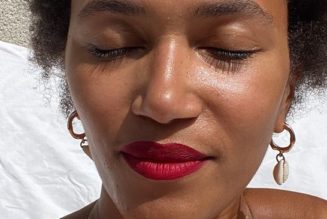
(123rf)
Nearly 30 percent of Korean couples who have been married for less than five years both work and have no children, according to a report released Monday by Statistics Korea.
Among the 815,357 such couples, 28.7 percent were “dual-income, no kids” couples, or DINKs. It represented more than a 10 percentage point increase from 2015.
The shift toward the DINK lifestyle is attributed to various factors, including the increased participation of women in the workforce, a growing societal acceptance of childlessness, and a rise in the average age at which individuals choose to have their first child, the report said.
Other cohorts following DINKs include dual-income households with children, accounting for 28.5 percent, single-income households with children at 22.7 percent, and single-income households without children at 15.5 percent.
In contrast to the rise of DINKs, dual-income households with children are becoming less common, dropping from 30 percent in 2018 to 28.5 percent last year.
The pivotal moment occurred in 2021 when the proportion of childless, double-income households surpassed dual-income households with children, with 27.7 percent compared to 24.3 percent.
The report said the changing landscape aligns with a positive view of childlessness, particularly among those in their 20s and 30s. The share of this age group holding favorable views toward DINK families climbed from 27.7 percent in 2015 to 44.1 percent in 2020.
Furthermore, couples are waiting longer to have babies.
In 2012, only 5.3 percent of couples had their first child after five years of marriage. This figure more than doubled to 11.5 percent last year.









